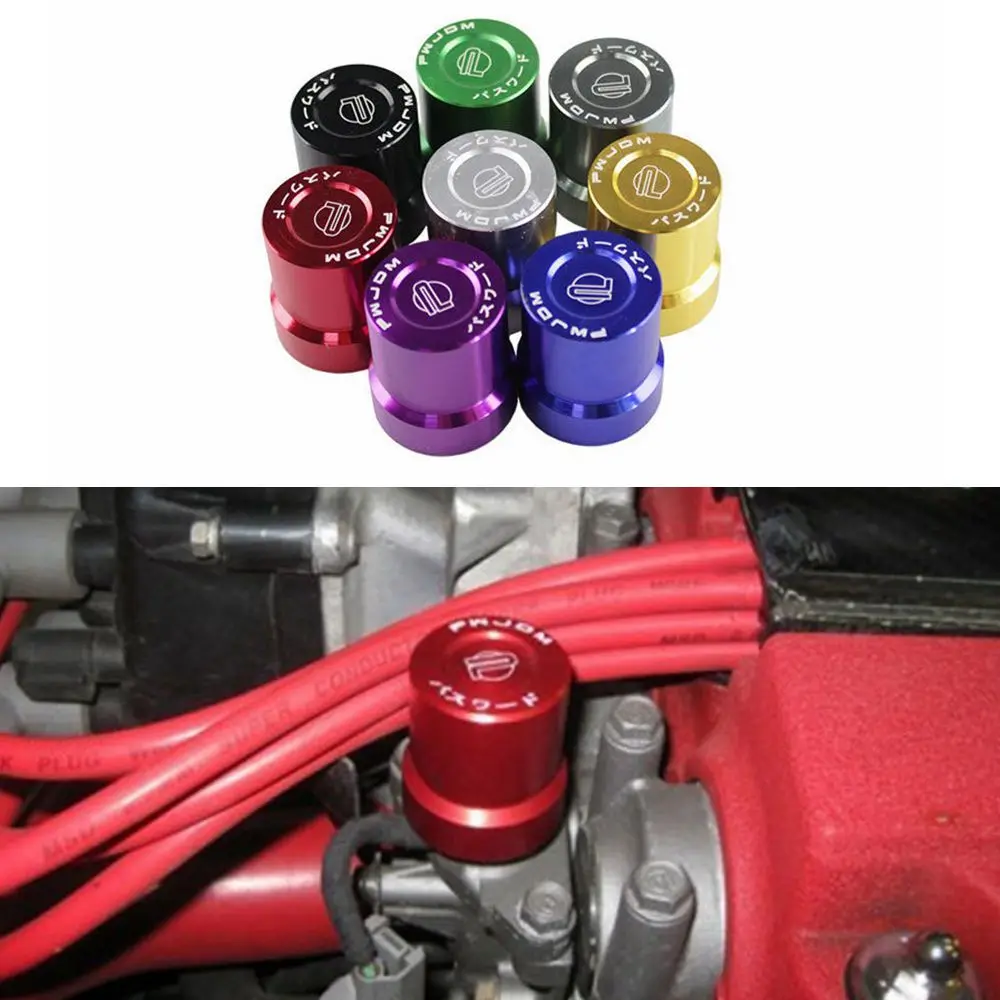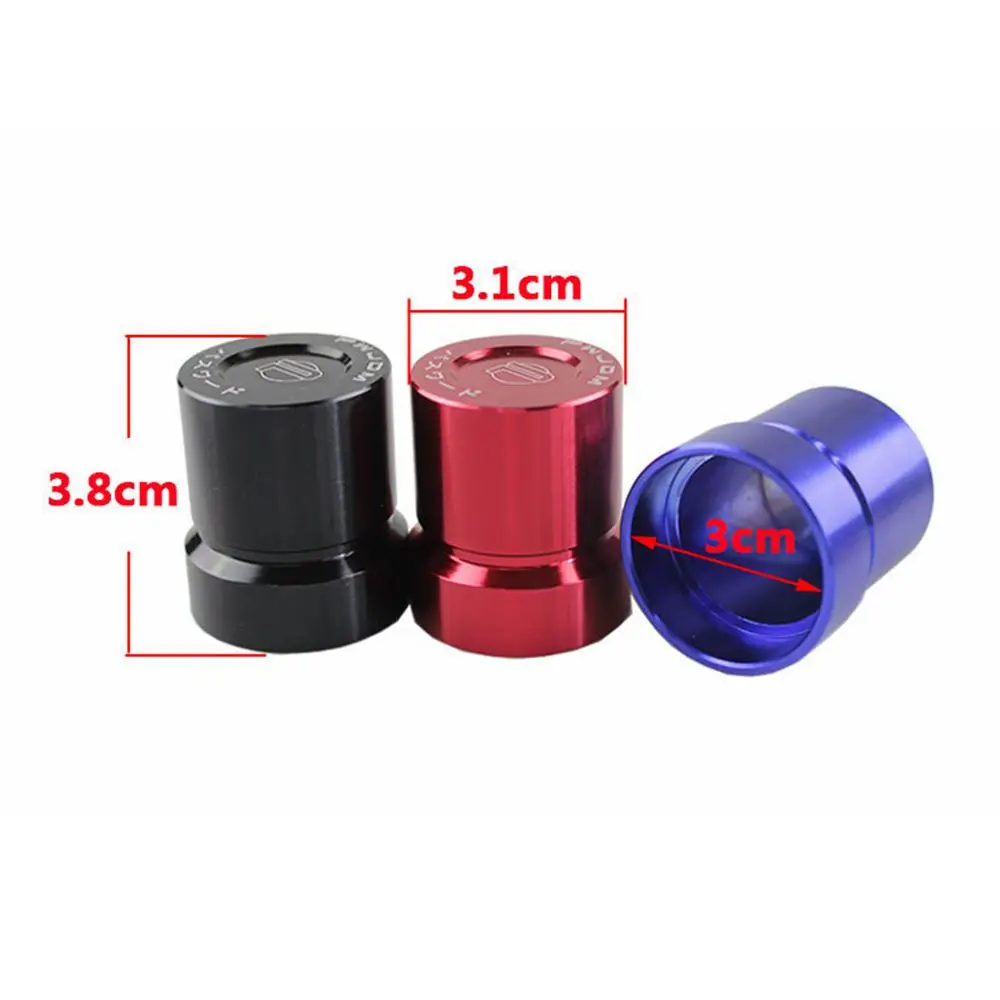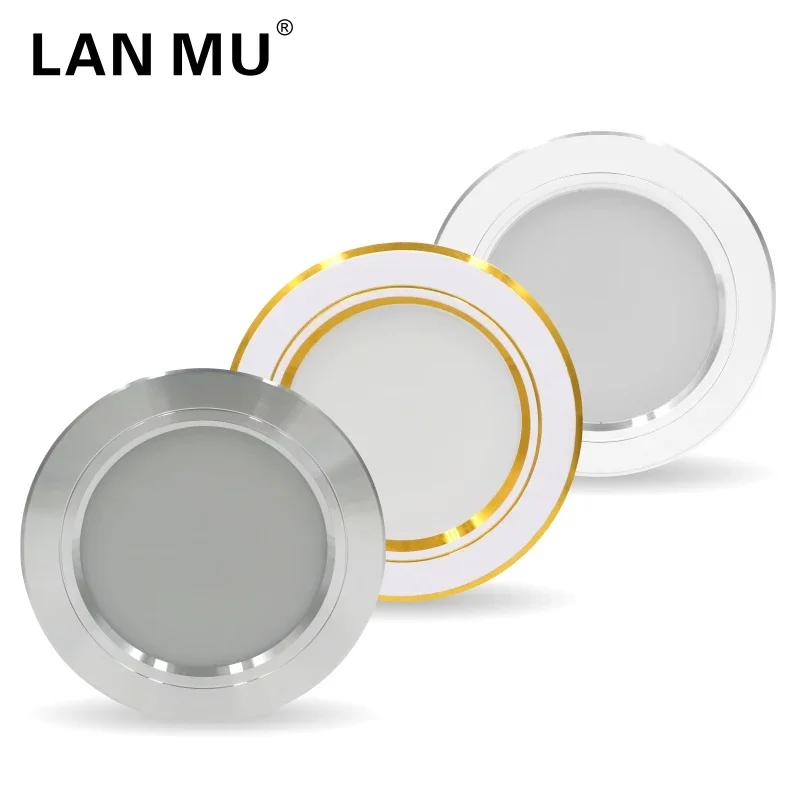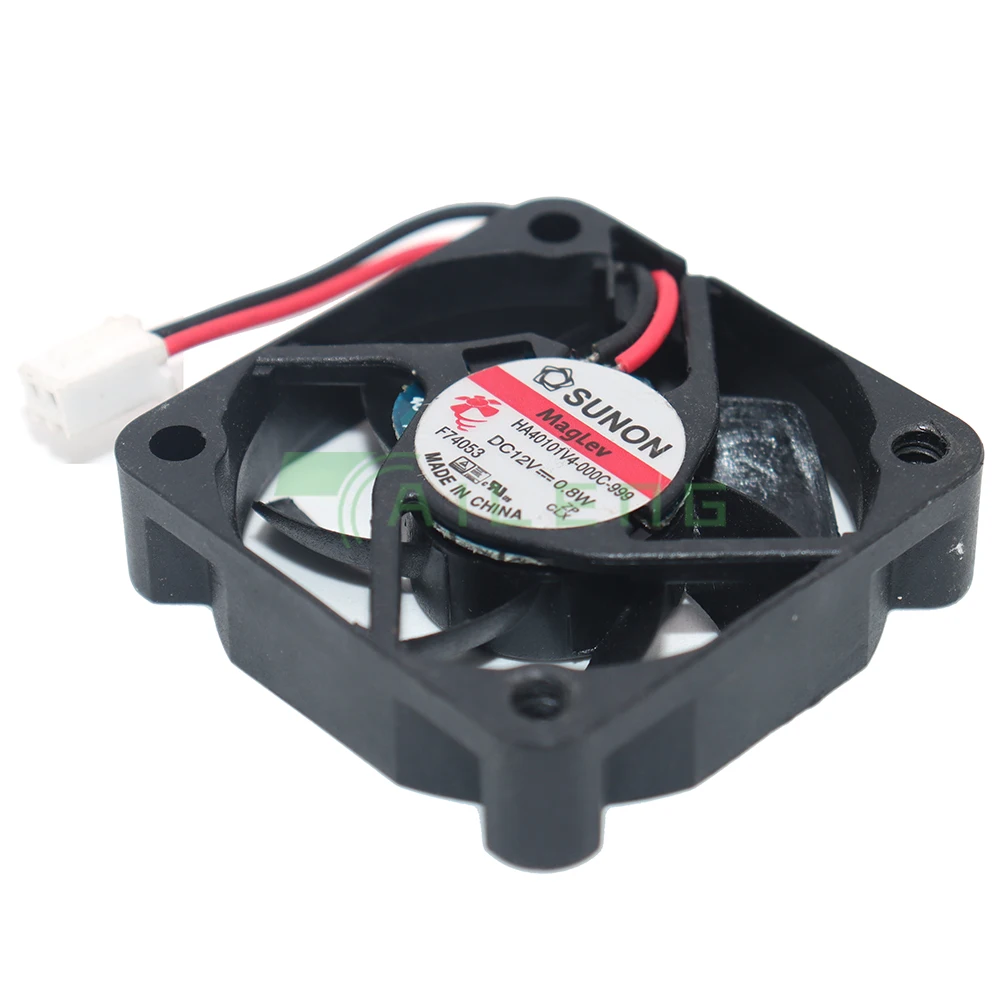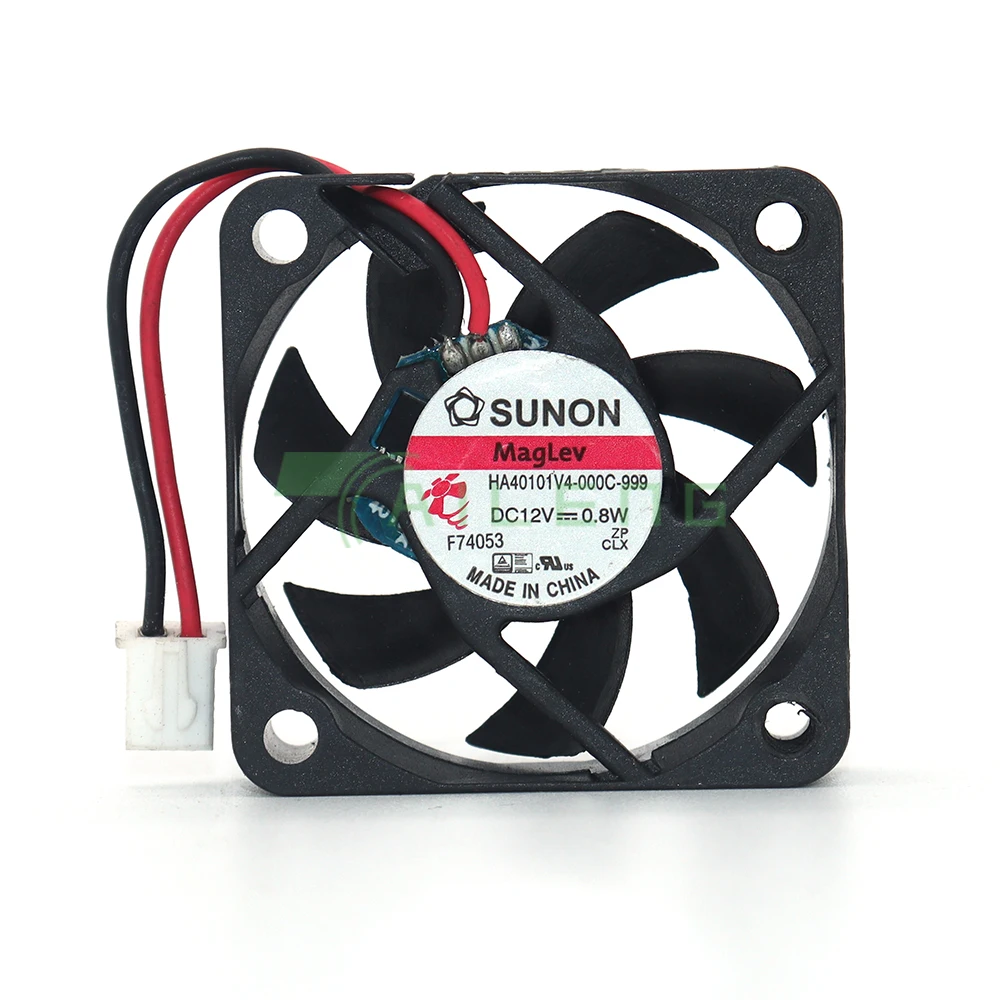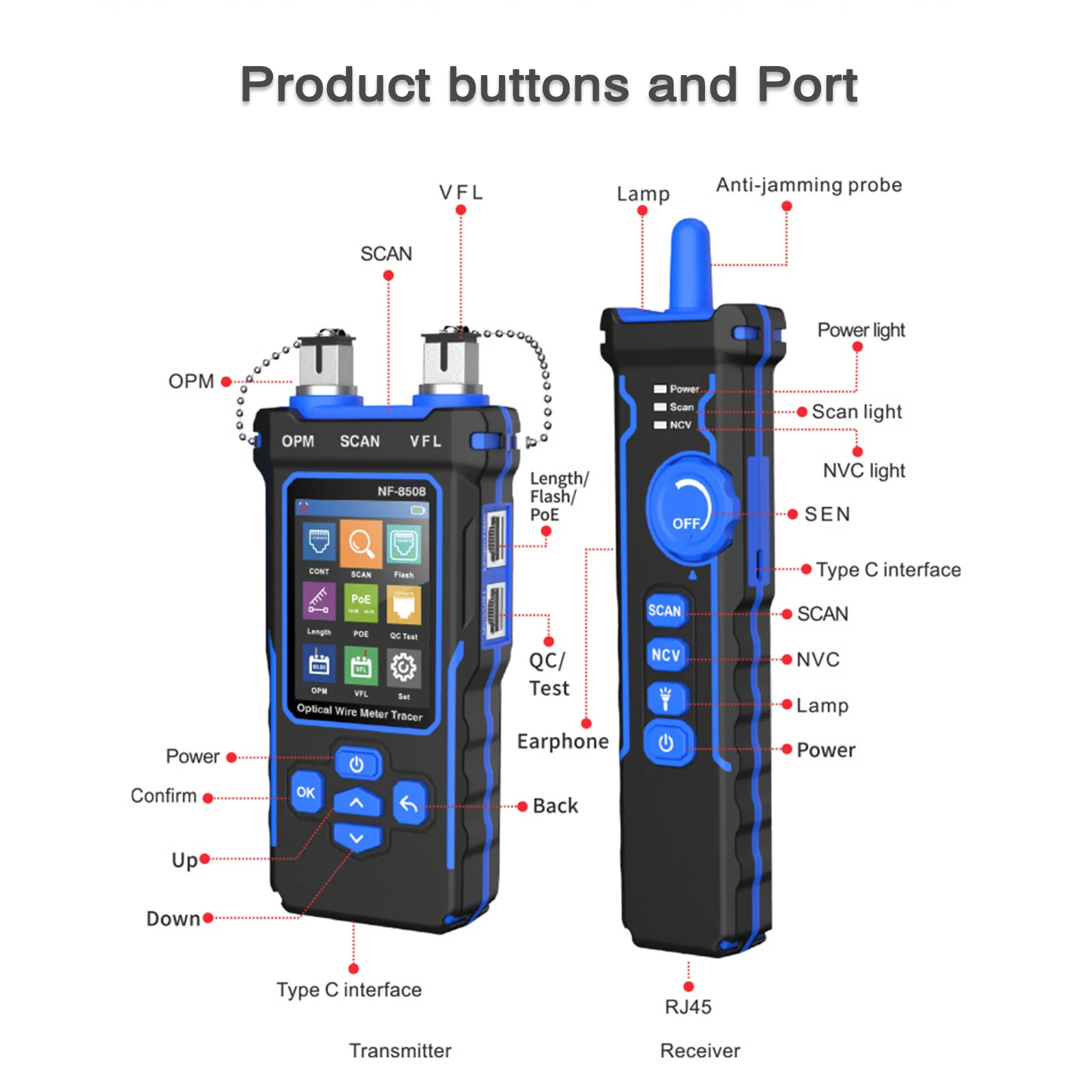
The Ultimate Showdown: Comparing Electric Thermal Actuators – N58A vs Seller Models
-
By Eumenes
- on
- under Etc
Table of Contents
Introduction: Why Electric Thermal Actuators Are a Game Changer for Home Heating
Hey there, friends! Let’s talk about something that can really transform your home’s heating efficiency—electric thermal actuators. If you’ve ever dealt with fluctuating temperatures in your home or struggled with controlling your heating system, you know how frustrating it can be. Well, these little gadgets are designed to make your life easier, and I’m here to share my insights after diving into the world of electric thermal actuators!
Picture this: you’re snuggled up on your couch, you’re watching your favorite movie, and the temperature in your living room starts to drop. You reach for the thermostat, but it’s too far away or inconvenient to adjust. That’s when electric thermal actuators come to the rescue! They work like magic by controlling your heating system’s valves automatically, offering you comfort at the touch of a button (or even by schedule!).
Now, not all electric thermal actuators are created equal. That’s why I want to take a closer look at two options that top the charts: the N58A Electric Thermal Actuator and the Seller Electric Thermal Actuator. Each has its own strengths and weaknesses, and knowing them can help you make the best choice for your home. So grab a cozy blanket, and let’s jump right in!
Why You Need Electric Thermal Actuators: A Personal Experience
Let me share a little story that got me hooked on electric thermal actuators. A year ago, I moved into a new home and realized quickly that the heating system was an absolute hassle. I had to manually adjust the radiators and constantly worried about keeping my rooms at a comfortable temperature. I tried everything from programmable thermostats to good old-fashioned radiator control, but nothing seemed to do the trick.
After some research (read: lots of YouTube videos and product comparisons), I stumbled across electric thermal actuators. I was skeptical at first—how much difference could they really make? But boy, was I in for a surprise. I took the plunge and purchased the N58A Electric Thermal Actuator, and from the moment I installed it, my home transformed from a chilly fortress to a cozy haven.
The ability to control the temperature in various rooms without the need to run around adjusting valves made my life so much easier. Plus, I noticed a significant drop in my heating bill! No more overheating or freezing, just steady and comfortable warmth, and I am still reaping the benefits from those little fixtures.
Now that I’ve had this experience, I can’t emphasize enough how essential these devices are. Still, I wanted to see if the Seller Electric Thermal Actuator could match my beloved N58A. Let’s dig into the nitty-gritty details of each one.
Comparing the N58A and Seller Electric Thermal Actuators
When it comes to choosing between the N58A and Seller Electric Thermal Actuators, a side-by-side comparison can save you time and help make your decision easier. Both models offer unique features, price points, and designs. To help you visualize these differences, I’ve put together a handy table:
| Feature | N58A Electric Thermal Actuator | Seller Electric Thermal Actuator |
|---|---|---|
| Price | Approximately $7.30 | Approximately $7.63 |
| Power Type | 230V | 230V |
| Operating Mechanism | Normally Closed | Normally Closed |
| Response Time | Around 6 minutes | 90 seconds to open, 3+ minutes to close |
| Error Reports | Minimal | Some quality inconsistency reported |
This table gives you a snapshot of their differences and similarities! The prices are pretty competitive, and both models operate at 230 volts. Both actuators are designed to function as normally closed, but the response time stands out as a notable difference. While the N58A takes about 6 minutes, the Seller model opens quite quickly—about 90 seconds! However, this is closely contrasted by its slower closing time.
Diving Deeper: The N58A Electric Thermal Actuator
The N58A Electric Thermal Actuator has become one of the go-to options for many homeowners, and here’s why!
Features:
- Operates with 230 volts for efficiency.
- Normal closed mechanism, making it reliable for home heating systems.
- Compatible for underfloor heating systems and radiator control.
✅ Pros:
- Excellent build quality that enhances its durability.
- Minimal error reports, indicative of effective performance.
- Great compatibility with various systems, making it versatile.
❌ Cons:
- Some users reported a slower response time, averaging around 6 minutes.
- The packaging during delivery could be improved for a better experience.
| Specification | Description |
|---|---|
| Model | N58A Electric Thermal Actuator |
| Price Range | Approximately $7.30 |
| Voltage | 230V |
| Mechanism | Normally Closed |
| Average Response Time | 6 minutes |
This actuator has become my go-to for stable heating solutions, and it’s hard not to recommend it!
Spotlight on Seller Electric Thermal Actuator
Now let’s take a look at the Seller Electric Thermal Actuator. While it has some compelling features, deciding between competitors always has its challenges.
Features:
- Operates at 230 volts and maintains a normally closed position.
- Includes various quantity options (1/5/10 pieces), making it convenient for those needing more than one.
- Good quality with reports of reliable performance in various heating systems.
✅ Pros:
- Fast shipping with many reviews indicating good quality products.
- The option to buy in bulk can save money for multiple installations.
❌ Cons:
- Some quality inconsistencies in performance reported by users.
- The closing time is significantly slower compared to competitors, averaging over 3 minutes.
| Specification | Description |
|---|---|
| Model | Seller Electric Thermal Actuator |
| Price Range | Approximately $7.63 |
| Voltage | 230V |
| Mechanism | Normally Closed |
| Average Opening Time | 90 seconds |
| Average Closing Time | 3+ minutes |
This model has garnered many positive reviews, but it’s essential to consider its closing time when deciding. If you’re after quick responsiveness, that could be a dealbreaker.
Conclusion: Making the Right Choice
Alright, folks, after diving into the specifics of both the N58A and Seller Electric Thermal Actuators, it’s time to summarize and make your decision! If you’re looking for a balance of quality and performance, the N58A model stands strong with its durability and efficiency, even if it does take a bit longer for a response. It’s like the dependable friend you can always count on—reliable and sturdy.
On the other hand, if speed is what you need, especially for quick adjustments to your heating system, then the Seller model might fit better with its rapid opening time. Just keep in mind that some users have reported inconsistencies, which could lead to its performance fluctuating.
Ultimately, the best choice boils down to your specific needs. Do you prioritize quick response, or would you prefer a product that has demonstrated consistent performance over time? Either way, investing in electric thermal actuators is a step towards enhancing your home’s comfort and efficiency.
So, there you have it, my friends! Both of these electric thermal actuators have their merits, and whichever you choose, you’re bound to experience a significant upgrade to your home heating system. You’ve done the research, so now it’s time to make your home cozier than ever!
Table of Contents
Table of Contents
Trending Posts

Eumenes
Explore Product Reviews
2025 Efficient 220V Led Downlight 5W 9W 12W 15W 18W Cold Warm White Panel Light Review on aliexpress
Ultimate Review of SUNON HA40101V4: The Quiet Cooling Champion
Explore Our Blog
2025 aliexpress Best USB Hubs & Multiport Adapters for Enhanced Connectivity
-
Posted by
Ava Reed
Lipo Battery Safety: Discover the Best Fireproof RC LiPo Safe Bag and XT60 Connectors for Your Electronic Toys
-
Posted by
Eumenes
2025’s Ultimate Guide to Wireless Doorbells: Top Picks for Smart Security Solutions
-
Posted by
Benjamin King
2025 aliexpress Top Wearable Tech & Fitness Accessories for Modern Consumers
-
Posted by
Sarah Coleman
Unlock the Future of RFID Solutions: The Ultimate Guide to T5577 Sticker, 125KHz Keyfob, and Animal RFID Tag
-
Posted by
Michael Carter
2025 aliexpress Energy Efficient LED Downlights for Modern Home Interiors
-
Posted by
Ryan Mitchell
2025 aliexpress Innovative Advertising Effects: Custom LED Gobo, Neon Signs & 3D Holographic Projectors
-
Posted by
Logan Fisher
2025 aliexpress Eco-Friendly Rechargeable LED Night Lights for Energy Savings Best Picks
-
Posted by
James Bennett
Top 3 Must-Have Switches and Connectors for DIY Projects: Essential Tools You Need
-
Posted by
Eumenes
2025 aliexpress Boost Your Setup with NVMe SSD Enclosures and Cooling Solutions
-
Posted by
Emily Harper
2025 aliexpress DIY Car Maintenance Essentials: Molding Stickers, Cushions & Shelf Covers
-
Posted by
Christopher Young







